John Smith was born in a small town in Iowa, far from Silicon Valley or high-tech labs. His earliest fascinations weren’t with machines, but with questions: Why do people think the way they do? Can machines ever understand human emotion? Raised by educators, John grew up in a home where dinner conversations revolved around science, society, and ethics. His mother, a public school teacher, played a key role in nurturing his relentless curiosity.
“I didn’t grow up with computers,” he once said. “I grew up with books and questions.” This early appetite for understanding life’s deeper structures led John to explore philosophy, mathematics, and psychology—fields that seemed separate but, in his eyes, were deeply connected.
It wasn’t until high school that he first encountered programming. A simple chatbot, built using BASIC and rule-based logic, became his breakthrough. It wasn’t intelligent by modern standards, but it opened his mind to the possibility that machines could simulate certain aspects of human cognition. With encouragement from a mentor who recognized both his analytical and emotional intelligence, John began entering local science fairs with AI-related projects—long before the term “AI” was part of mainstream vocabulary. What intrigued him wasn’t just that machines could provide answers, but that they could be trained to imitate understanding.
He later earned a scholarship to MIT, where he pursued Computer Science and minored in Cognitive Science. It was here that his thinking matured and his mission became clearer: to design machines that didn’t just solve problems but did so ethically, transparently, and humanely.
After completing his studies, John joined a leading AI research firm in Silicon Valley. While others raced to build faster and more powerful models, John focused on something less glamorous but far more impactful: building systems that could explain themselves and be held accountable for their decisions. At 30, he co-founded EthoMind AI—a company that focused on responsible AI tools for healthcare, education, and public service. One of their landmark innovations was a diagnostic assistant that helped mental health professionals detect emotional patterns in patients without compromising privacy.
John’s philosophy was clear: success in AI wasn’t just about performance metrics. It was about trust, transparency, and long-term social impact. His work caught the attention of international institutions. EthoMind partnered with the United Nations, and John was invited to speak at the World Economic Forum, where he addressed AI’s role in protecting human rights.
By his mid-thirties, John had become a central figure in the global AI ethics movement. He co-authored frameworks for organizations like the OECD and IEEE and helped draft the AI Transparency Pledge, which was signed by more than 200 industry leaders. This initiative committed major companies to values like algorithmic fairness, human oversight, and ethical data use.
He didn’t just influence systems—he helped shape policy. Governments in Europe, Asia, and North America began seeking his input on national AI strategies. His voice was often seen as a rare bridge between rapid corporate innovation and long-term public accountability.
Over the past decade, John has received numerous honors, including recognition as a World Economic Forum Young Global Leader. His articles have been published in Nature, WIRED, Harvard Business Review, and Foreign Policy. Yet he remains grounded. He often redirects praise to his collaborators and teams, believing that real breakthroughs are always collective. “Recognition,” he says, “is a mirror—not a medal.”
His personal philosophy reflects a deeper belief: that AI is not simply a technical challenge, but a moral one. While his walls are lined with patents, they also feature quotes from ethicists, poets, and civil rights leaders. For John, technology should reflect not just intelligence—but wisdom.
Mentorship has also become a core part of his legacy. He has coached hundreds of young scientists, researchers, and tech leaders, always emphasizing human-centered innovation. And while most of the world knows John for his talks and publications, some of his most impactful work happens quietly—on the ground.
In rural Africa, his team has deployed AI tools to boost agricultural productivity. In remote parts of Asia and Latin America, his algorithms have helped preserve endangered dialects through speech recognition and language modeling. His vision of technology is inclusive by design. “Technology should amplify the quietest voices, not just the loudest markets.”
John also acts as a cultural bridge. As AI evolves, he has become a vital link between Western innovation hubs and emerging tech ecosystems in the Global South. He emphasizes the need for AI systems that understand local realities and respect cultural diversity. “True intelligence,” he says, “is recognizing that no one region owns the future.”
He lives his values not only professionally but personally. Known for his clarity of mind and calm presence, John believes that external clarity stems from internal balance. “To build clear systems,” he says, “you need a clear mind.”
In recent years, his focus has shifted toward what he calls “ethical architectures for the future”—thinking 10, 20, even 50 years ahead. He collaborates with legal scholars, ethicists, and futurists to shape frameworks for technologies not yet invented, advocating for systems that anticipate risk rather than merely react to harm. “Our greatest responsibility,” he often reminds audiences, “is to the generations we will never meet.”
Despite his influence, John is the kind of leader who listens more than he speaks. His quiet style of leadership is rooted in service, not ego. “Real leadership doesn’t leave footprints—it plants seeds,” he once told a young researcher.
His advocacy extends to accessibility as well. From adaptive interfaces for neurodiverse users to AI-powered tools for the visually impaired, John sees accessibility not as a feature but as a fundamental design principle. “If technology leaves people behind, it’s not innovation—it’s exclusion.”
He has also been a long-standing voice for data dignity, warning early on about surveillance, data misuse, and the commodification of digital identity. For him, data isn’t a resource to be mined—it’s a reflection of life and deserves respect.
During times of crisis—pandemics, natural disasters, or geopolitical unrest—John’s teams have deployed ethical AI tools for crisis mapping, public health monitoring, and resource allocation. He insists that moments of urgency demand even stronger moral frameworks.
Outside the lab, John explores how AI can enhance—not replace—human creativity. A fan of poetry and jazz, he’s worked with musicians and artists to build generative tools that honor emotion, originality, and cultural nuance. “Machines can mimic style,” he says, “but only humans give it soul.”
A strong believer in solitude, he carves out regular time for deep, reflective work, away from screens and meetings. It’s in these silent hours, he says, where real breakthroughs take shape.
He also makes it a point to listen to youth. Through his “Ethics in AI” roundtables with high school and college students, John engages with fresh perspectives that often challenge conventional assumptions. “Sometimes,” he says, “the most disruptive questions come from those with the least power.”
As misinformation continues to threaten public discourse, John has contributed to tools that detect deepfakes, flag disinformation, and safeguard democratic processes. He believes that in the algorithmic age, democracy must be actively defended. “Technology should defend truth—not distort it.”
John Smith’s work is a reminder that innovation, at its best, is not just about solving problems—it’s about elevating humanity. His story is not only one of technical mastery, but of moral clarity—a vision for a future where intelligence is measured not just by what we build, but by why we build it.

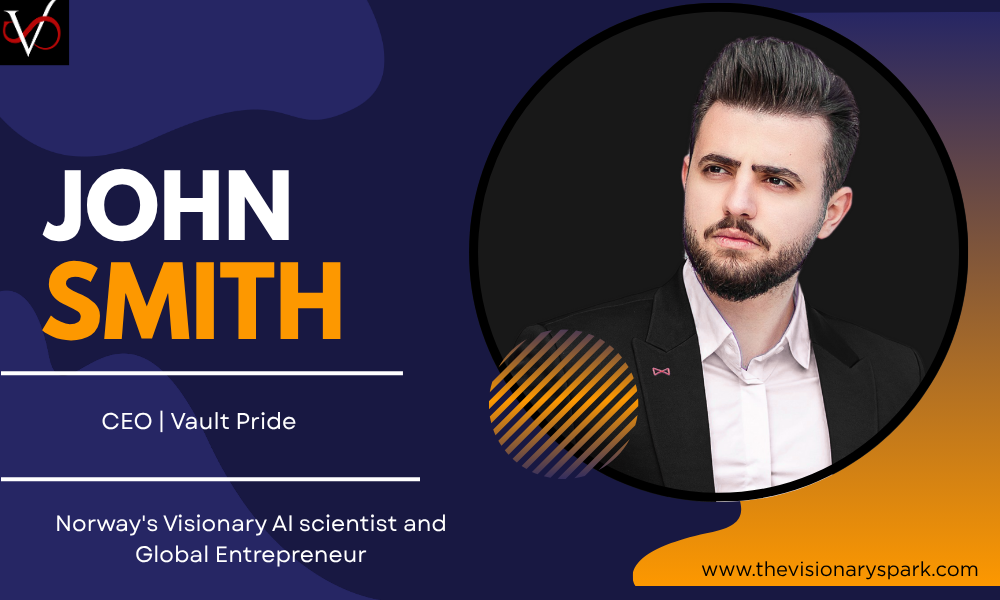
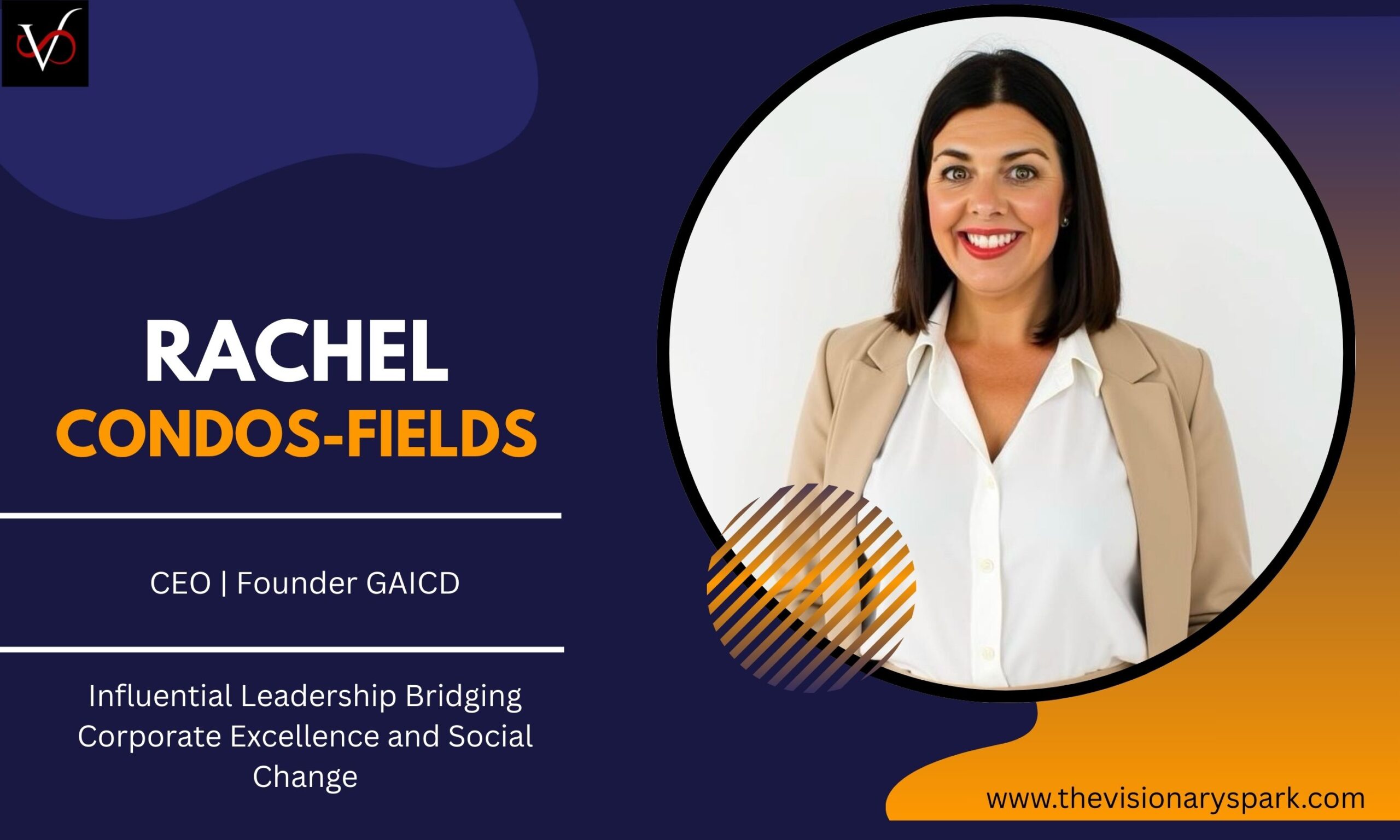
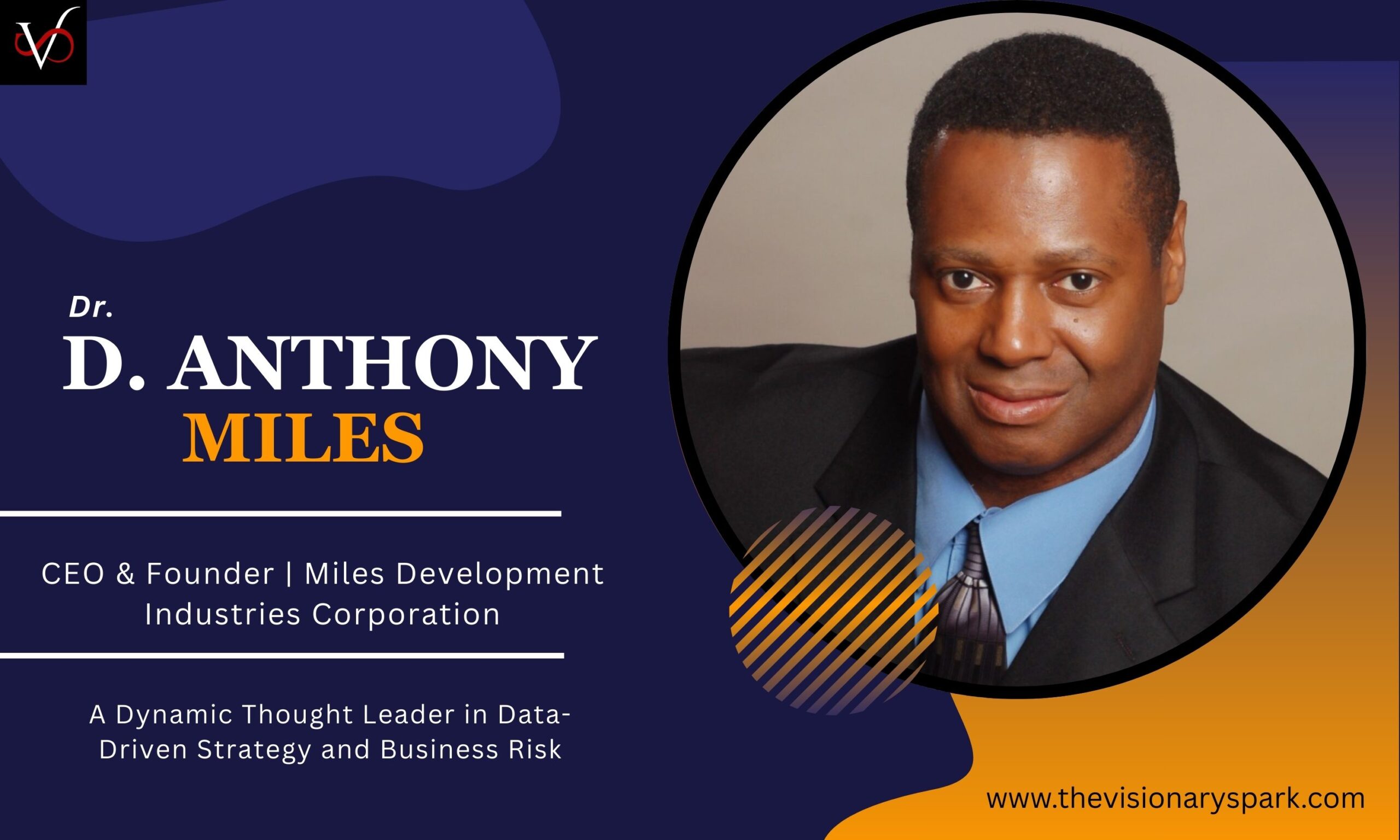
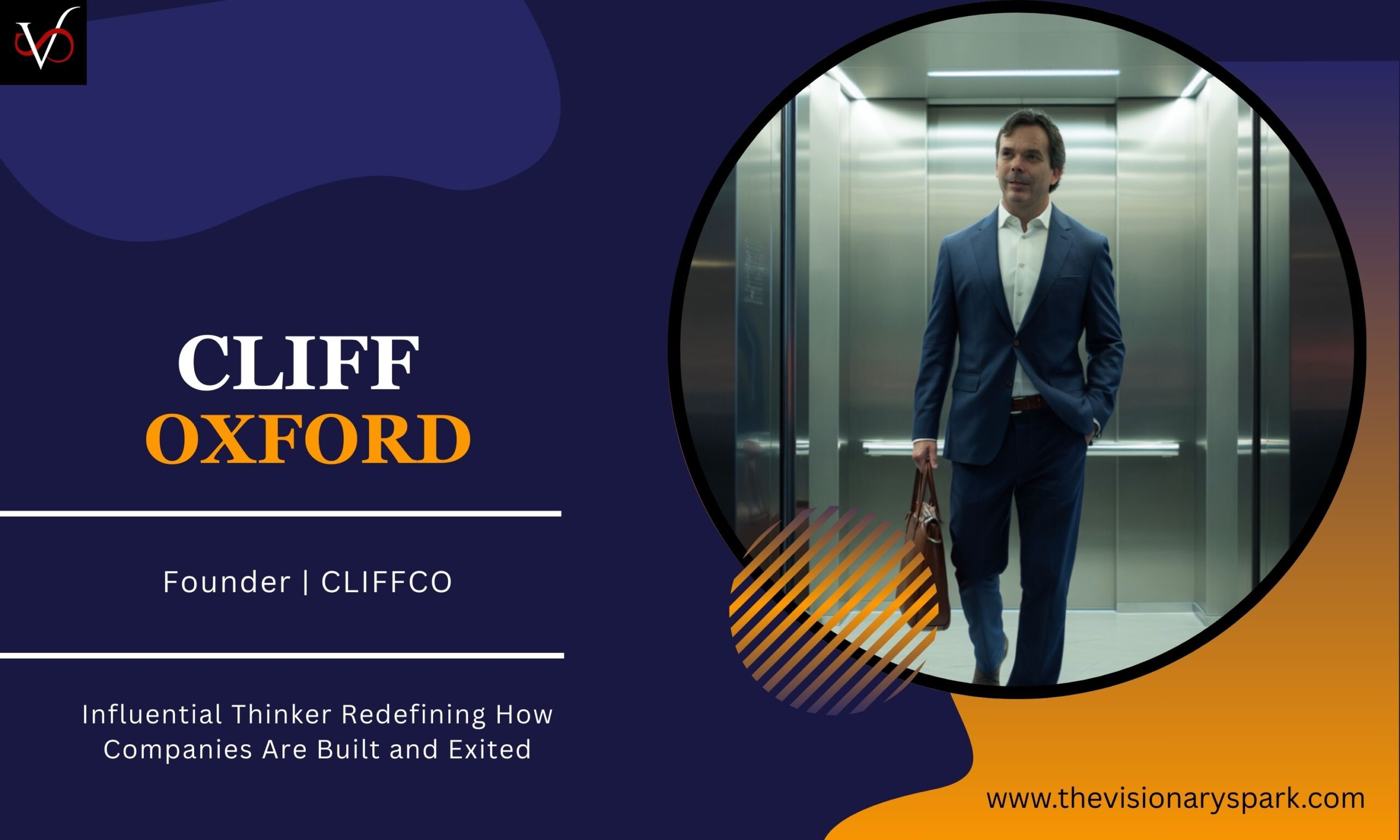

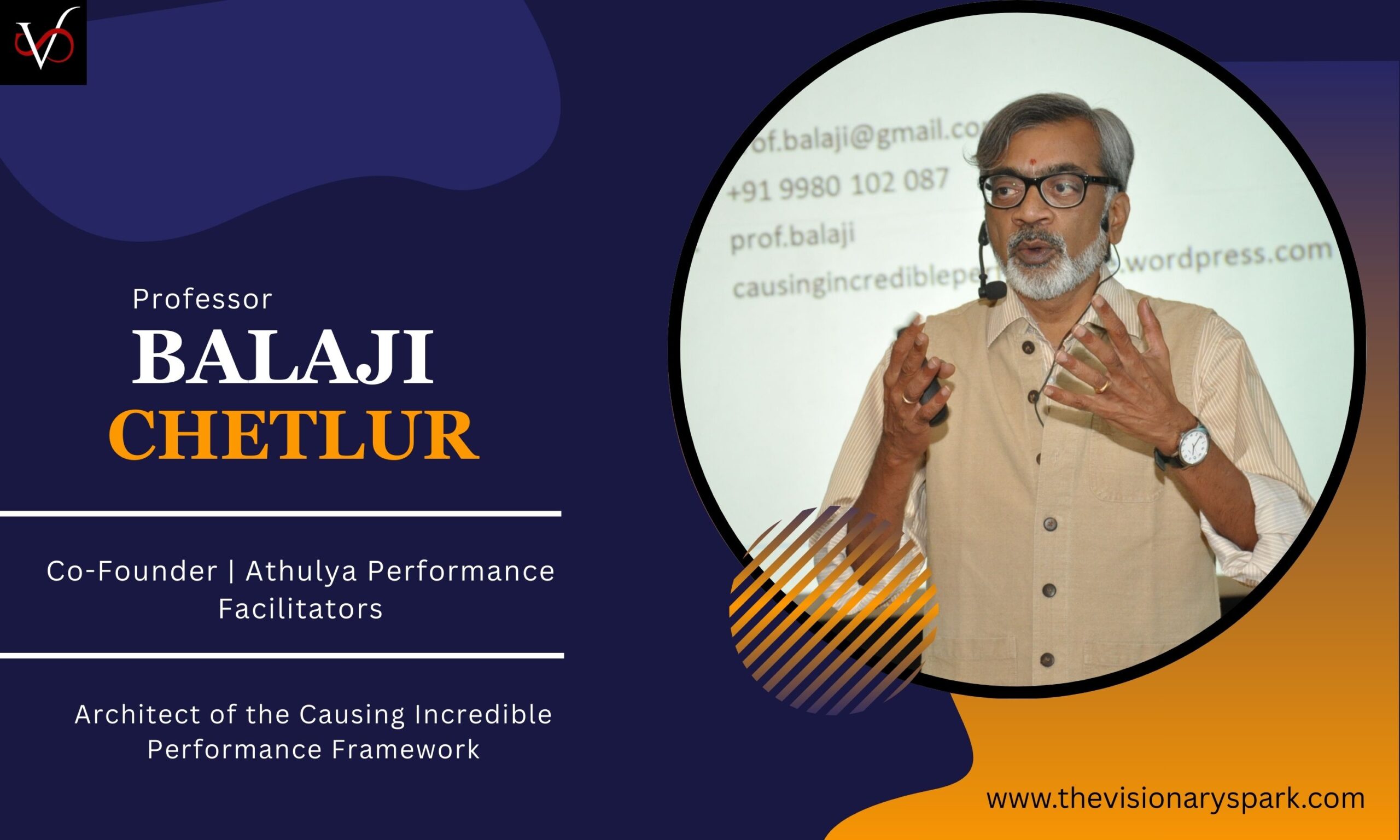
Leave a Reply